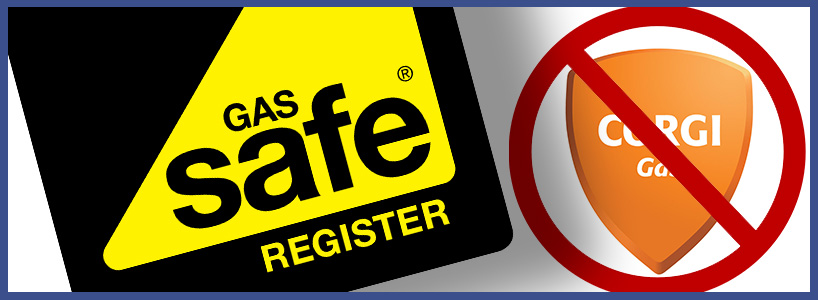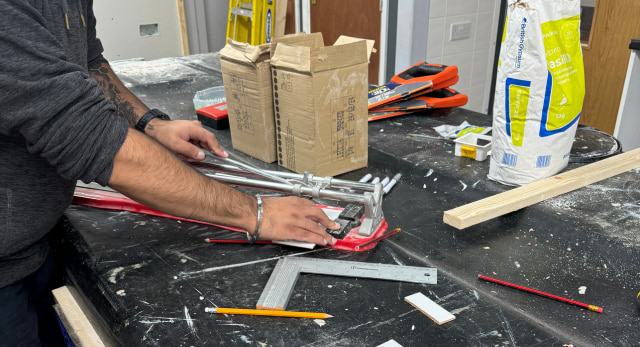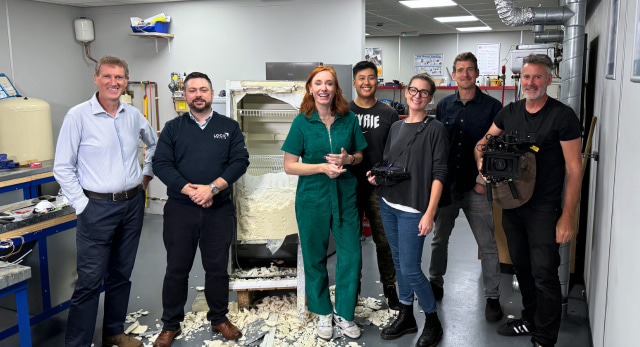If you’re a gas engineer, it might be time to renew your ACS certification. Since the transition from CORGI to the Gas Safe Register, there have been significant changes in how gas engineers are certified and monitored. Here’s what you need to know to stay compliant and up to date.
The Gas Safe Register: The Official Standard
The Gas Safe Register officially replaced CORGI in 2009 as the legal requirement for gas engineers working in the UK. While some people still use the term “Corgi Registered,” only Gas Safe registration is recognised by law.
Unlike CORGI, which required duplicate assessments, the Gas Safe Register focuses on practical application. Engineers are considered competent once they obtain their ACS certification. Within three months of registration, the Gas Safe Register may inspect your work to ensure compliance with safety standards.
For more details about what the Gas Safe Register does and why it’s essential, check out our new blog: Gas Safe Registration – All You Need to Know.
New Appliance Modules: What’s Changed?
The ACS certification process has evolved over time to align with industry needs. Here are two key updates:
- CENWAT Module: The Central Heating (CEN1) and Hot Water (WAT1) modules were replaced by CENWAT. This combined module is now standard for both initial training and reassessment.
- Combustion Performance Analysis (CPA1): Engineers holding appliance elements such as CENWAT or Space Heaters (HTR1) must also complete CPA1 certification. As of April 1 this year, CPA1 requirements are incorporated into the CCN1 core module.
These changes streamline the certification process while ensuring engineers meet modern safety and performance standards.
Why Does ACS Certification Matter?
Renewing your ACS certification every five years is mandatory for maintaining your place on the Gas Safe Register. This ensures that all registered engineers meet current safety and technical standards.
Additionally, regular assessments help protect consumers by ensuring that only qualified professionals handle gas appliances. If you’re unsure about your next steps for ACS training or reassessment, visit our training section for guidance.
More information about our Gas ACS training and reassessment can be found here.









